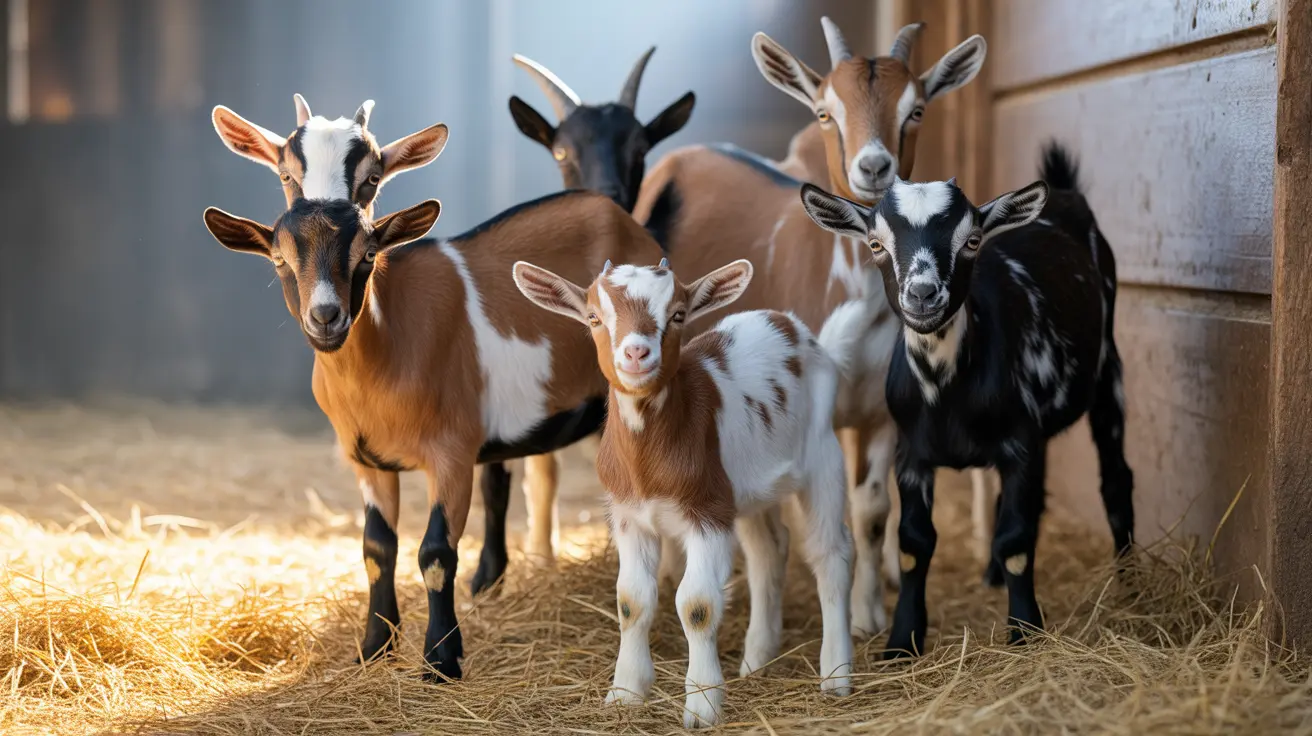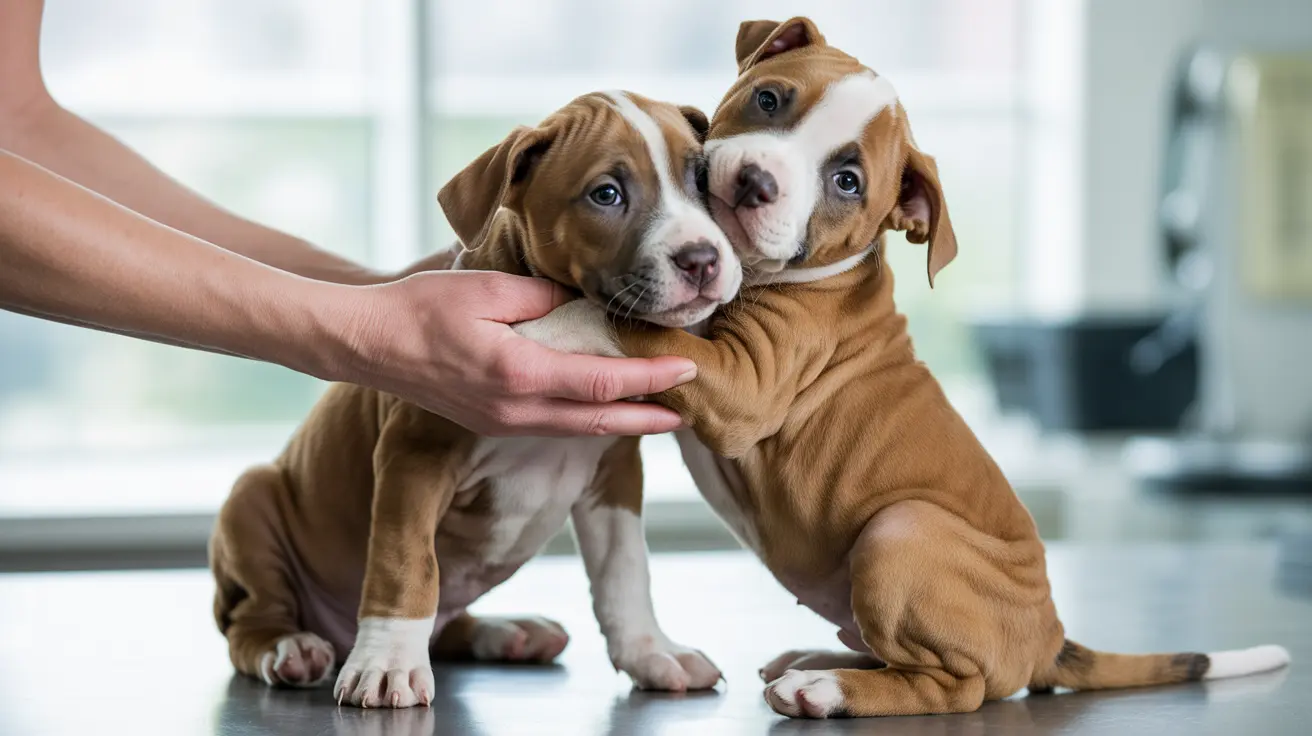Vegetables Dogs Should Avoid: A Guide for Pet Owners
While vegetables can be a healthy part of a dog's diet, not all are safe for canine consumption. Some common veggies can pose serious health risks to dogs, ranging from mild digestive issues to toxic effects that may require immediate veterinary care. This guide will help you understand which vegetables to avoid giving your dog and why.
Why Some Vegetables Are Harmful to Dogs
Dogs process some foods differently than humans. Certain vegetables contain compounds that can disrupt a dog’s red blood cells, nervous system, or kidneys. Even small quantities can be dangerous over time or cause acute health problems.
Vegetables That Are Toxic or Unsafe for Dogs
- Onions: Contain thiosulfate, which can damage red blood cells and lead to anemia in dogs.
- Garlic: More concentrated than onions and potentially more toxic; may cause vomiting, diarrhea, and lethargy.
- Leeks and Chives: Part of the allium family like onions and garlic — can cause gastrointestinal upset and red blood cell damage.
- Mushrooms (wild or store-bought): Wild mushrooms can be highly toxic and even fatal. Even store-bought varieties may upset your dog’s digestive system.
- Raw Potatoes: Contain solanine, a natural compound that can be toxic in large amounts, especially in green potatoes or peels.
- Rhubarb: This plant contains oxalates, which can affect the kidneys and cause tremors or seizures if ingested.
Vegetables That Should Only Be Fed with Caution
- Tomatoes: The green parts of the plant (stems and unripe tomatoes) contain solanine, which is toxic; ripe tomatoes are generally safe in moderation.
- Spinach: Contains oxalates that can interfere with a dog’s ability to absorb calcium, potentially leading to kidney issues over time.
- Broccoli: Safe in small quantities, but can cause gas and upset stomach if overfed due to isothiocyanates.
- Corn on the cob: While corn itself is not toxic, the cob presents a choking hazard or risk of intestinal blockage.
Safe Alternatives: Dog-Friendly Vegetables
There are many vegetables that are both nutritious and safe for dogs in appropriate portions, including:
- Carrots
- Green beans
- Peas
- Cucumber
- Sweet potatoes
- Zucchini
- Pumpkin (plain, cooked)
Always introduce new vegetables gradually into your dog’s diet and monitor for any signs of sensitivity or allergies.
What to Do If Your Dog Eats a Harmful Vegetable
If your dog accidentally consumes any of the dangerous vegetables listed above, contact your veterinarian immediately. Symptoms such as vomiting, diarrhea, lethargy, or changes in breathing should be treated as emergencies.
Tips for Feeding Vegetables to Dogs Safely
- Wash vegetables thoroughly to remove pesticides.
- Cook or steam veggies to make them easier to digest.
- Avoid seasoning or adding butter, salt, or onions/garlic.
- Introduce one vegetable at a time in small amounts.
- Watch for signs of allergic reactions or intolerance.
By steering clear of harmful vegetables and focusing on safe options, you can enhance your dog’s diet with confidence and care.





